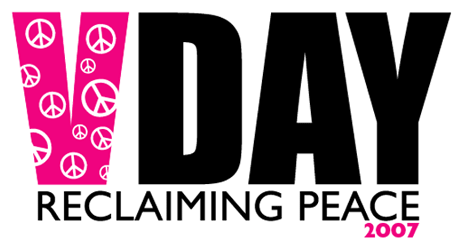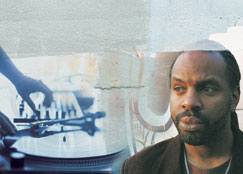
Last night I attended “The Vagina Monologues” at Utah Valley State College. It was a very impactful show, filled with some very good performances and some amazing monologues. I’ve heard about the vagina monologues for some time now (the yearly performance has sparked quite a controversy in the small conservative town that I live in). After last night, I think all of the controversy the program has received is unwarranted. The performance is definitely not for the prudish, but the pay off is extremely rewarding. It seems that many people don’t have the capacity to maneuver through performances they initially find offensive. What’s so offensive about vagina’s anyway? Abuse is so pervasive because it something that we are afraid to discuss. The puritan in us likes to pretend that abuse doesn’t exist, meanwhile society decays as the rate of rapes and abuse each year remain static or increase. Many women are made to feel slutty instead of sexy, ashamed instead of proud, while they remain subjugated by men who objectify them. The monologues highlighted women from around the globe. Stories of Afghani, Bosnian, Iraqi, Japanese, and American women left the room silent, haunted by the harsh realities of global abuse. The monologues were also very hilarious, many of them discussing the ins and outs of having a vagina. The crowd roared in laughter through intimate details of being a woman. The second to last monologue was an illustration of the many unique orgasmic moans. The performance was a success. I left, slowly absorbing the monologues and what they meant to me as a man. What can I do to more fully appreciate and protect my wife, my mother, my sister, and the many women relatives and friends I have? It was a wonderful experience.







Recent Comments